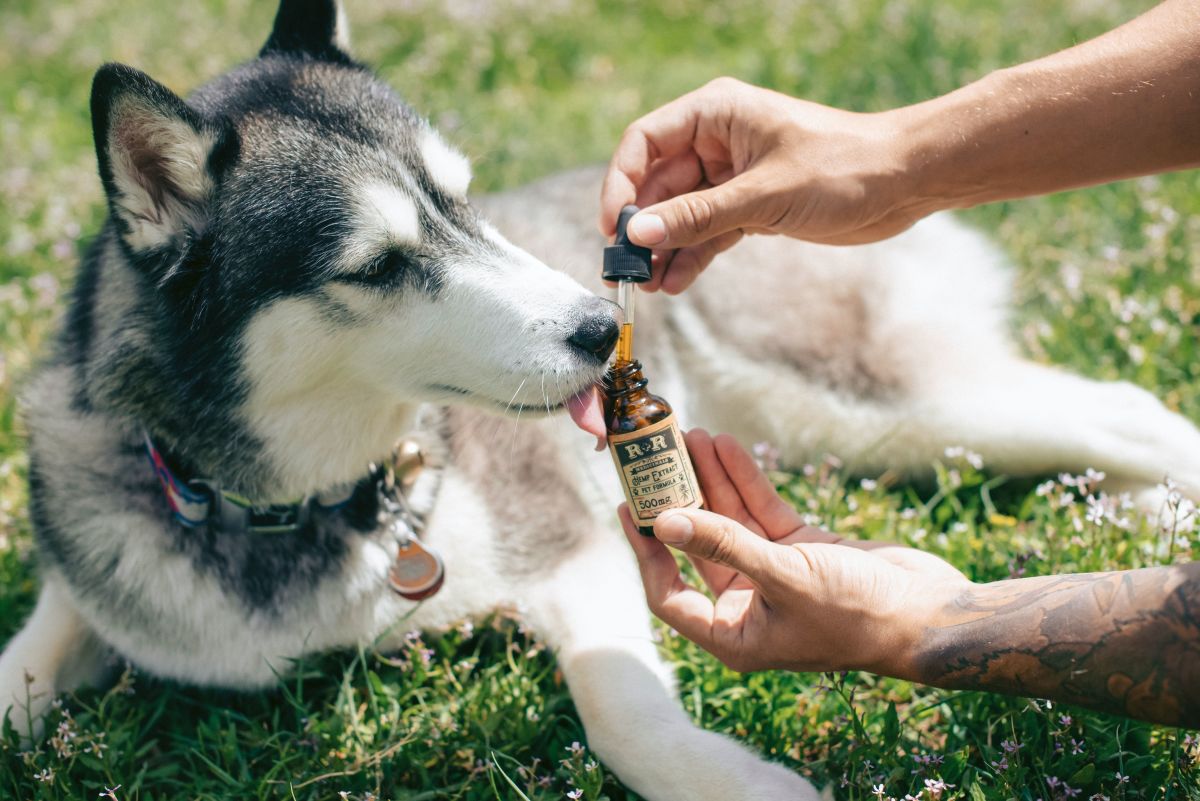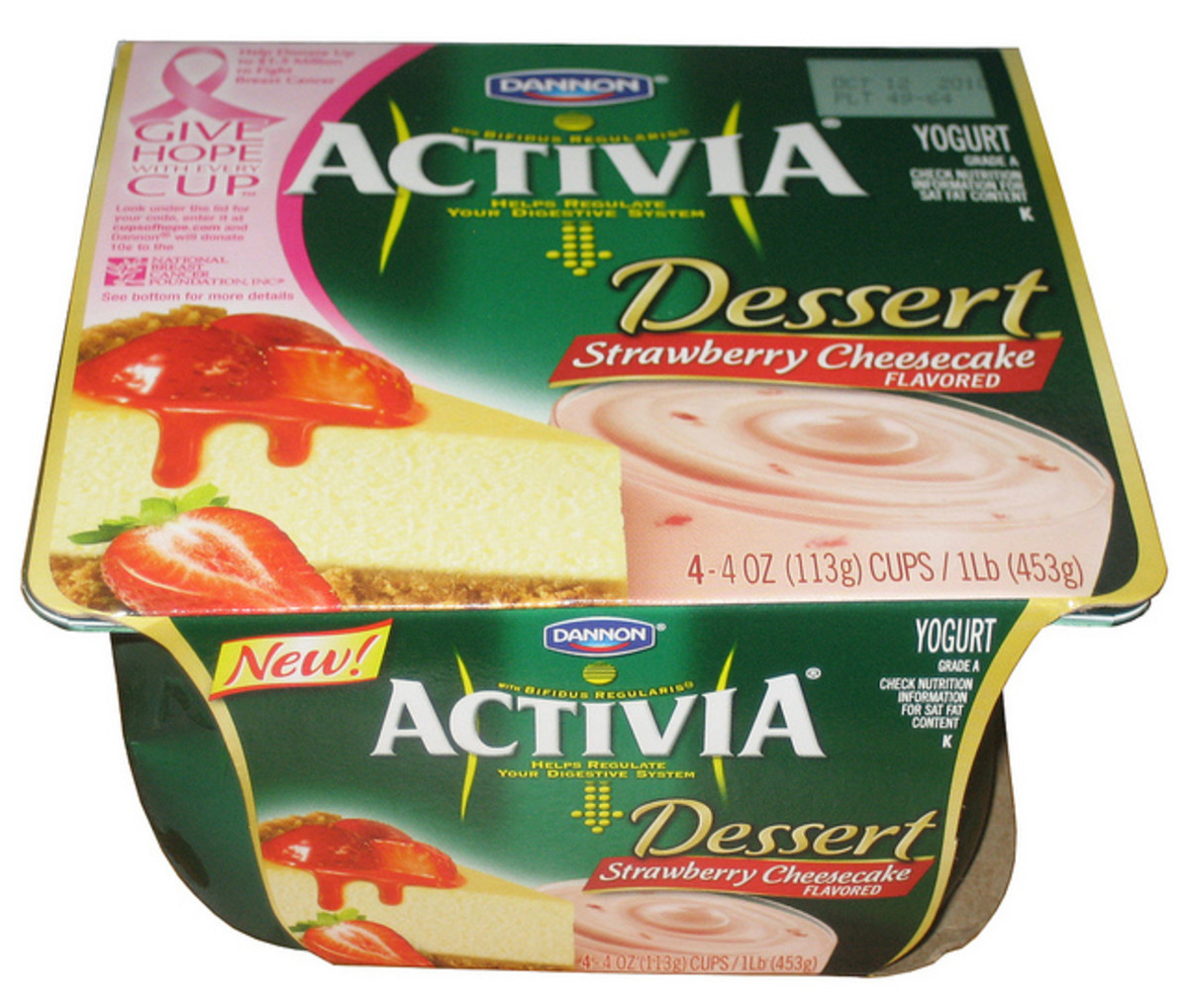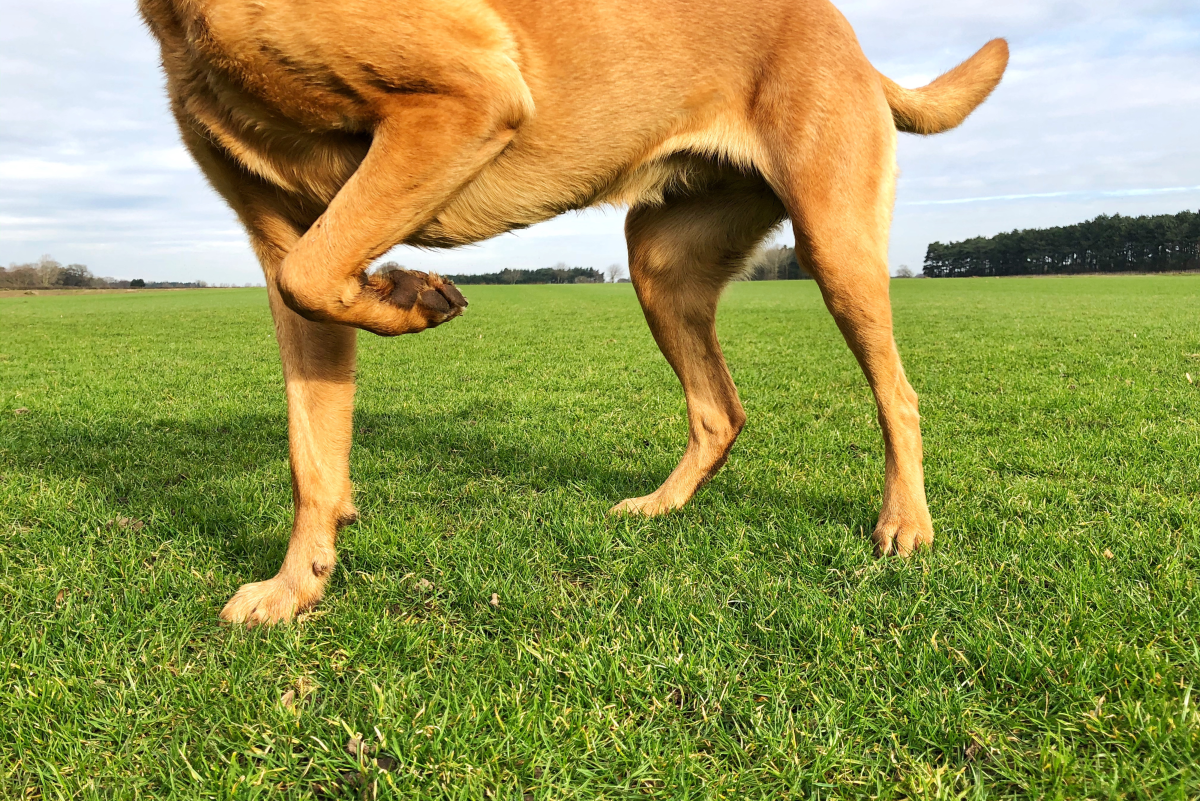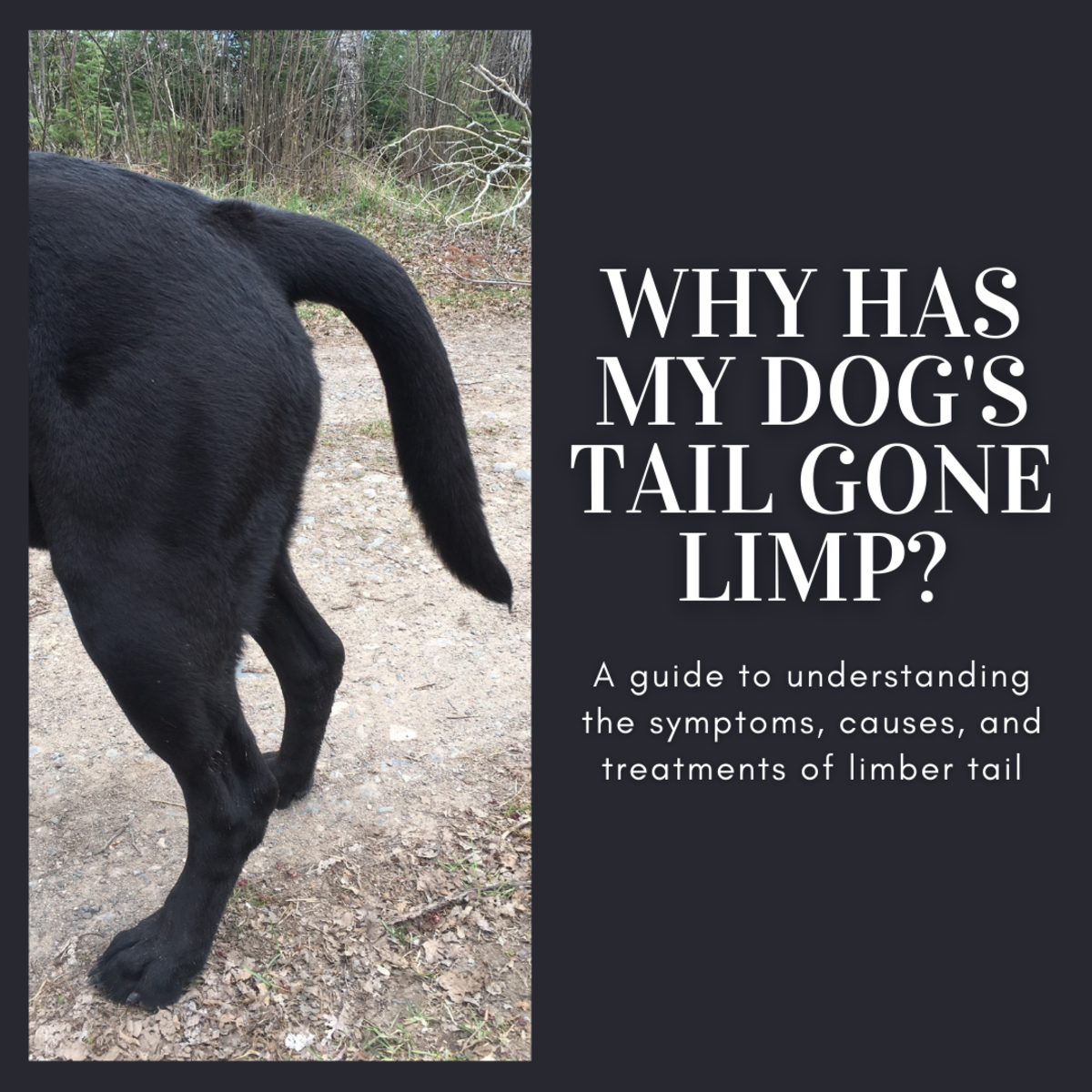Probiotics for Dogs: The Facts
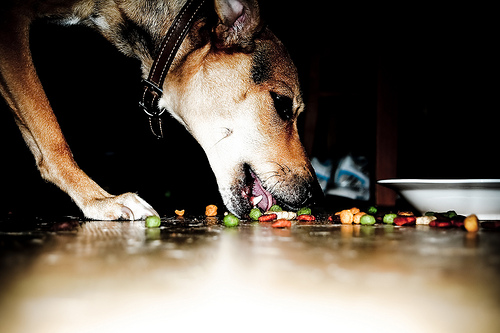
Probiotics for dogs? Say what? Of course we've all heard of people using probiotics, but using them for dogs might be a foreign concept to you. Or, perhaps it's not and you're one of a growing number of dog owners turning to probiotics for the health of your dog. As more studies are being done on the efficacy of using them for dogs, more and more veterinarians are recommending them. While many holistic veterinarians have been advocating their use for years, they're only now becoming more of a part of mainstream veterinary care.
Not all probiotics for dogs are made alike. Research shows some types work more effectively than others.
Why Use Probiotics for Dogs, Anyway?
Intestinal problems in dogs are the second most common ailment, running a close second to skin problems. Common causes of intestinal problems are parasites, giardia, bacterial overgrowth in the intestines, stress, dietary problems and idiopathic diarrhea and gas (meaning the cause is simply unknown). We all know dogs don't have a particularly choosy palate. They have a propensity for raiding trash cans, stealing table scraps, finding goodies outside and some even (God forbid) take to a practice called coprophagia (eating one's own or another's poop!). It's no wonder diarrhea is not an uncommon occurrence in our canine companions.
Probiotics aid in improving the health of the digestive system. Utilizing supplemental probiotics for dogs introduces more of "good bacteria" into your pup's digestive tract. Once there the good bacteria colonize and multiply in the GI tract and begin killing harmful bacteria, like Salmonella, E. Coli, Campylobacter and Clostridium difficile.They establish a healthier balance between the good bacteria and disease/pathogen causing bacteria. Probiotics also aid in supporting the dog's own immune system so he may better fight off the harmful bacteria.
Probiotics for Dogs
Two Studies on the Efficacy of Probiotics for Dogs
Recently a couple of studies on utilizing probiotics for dogs have captured the attention of previously skeptical veterinarians. Without going into too much detail, I will at least present the highlights of the studies. You can read more about the study here. Liam O'Mahony and his team discovered and isolated a dog-specific strain of Bifidobacterium animalis that successfully kills Salmonella and Clostridium difficile in laboratory studies. Procter and Gamble (Iams) then made a chewable probiotic supplement called Prostora Max based on O'Mahony's results. This specific probiotic was then utilized in a real world study involving a total of 31 dogs suffering from diarrhea. The results were significant: the dogs who received the probiotics, as compared to the placebo group, got better faster... in fact 40% faster.
A second study involved a total of 36 dogs with diarrhea, some also had vomiting. The probiotic used was essentially a cocktail of different strains. While the convalescent time for vomiting was no different between the dog given the placebo and the dogs given the probiotics, there were statistically significant findings in terms of recuperation from diarrhea. It took the placebo dogs almost one additional day to recover from their diarrhea.

What the Studies Tell Us About Using Probiotics for Dogs
Not enough studies have been done on the true benefits of using probiotics for dogs. However, accumulating evidence seems promising at this point. The studies that have been done have taught us a few things, however.
- We need to use probiotics that are species-specific. Giving a dog a probiotic strain not derived from a canine is simply not effective, just as you wouldn't give a human a dog probiotic. If it doesn't normally live in the gut of the species, it can't colonize or grow properly.
- Only certain probiotic strains have been tested and found to be effective. This doesn't give us carte blanche to overgeneralize that all probiotics for dogs are useful.
- The valid and reliable tests done to date have been on dogs with self-limiting, acute diarrhea. It's so far unclear whether or not probiotics are helpful in dogs with ongoing, chronic diarrhea. Preliminary studies are, however providing some promising results, particularly in dogs with chronic diarrhea resulting from bacterial overgrowth in their intestines.
Types of Probiotics for Dogs
Probiotics come in three different forms for dogs:
- Liquid form
- Powders or granules that are sprinkled on food
- Tablets
- Premium dog foods containing probiotics.
Giving your dog food manufactured with probiotics seems to be the least effective means. Researches at the Ontario Veterinary College analyzed both probiotic dog and cat food: Bacteriological Evaluation of Dog and Cat Diets That Claim to Contain Probiotics. Bottom line, the food wasn't all it was cracked up to be. Of the 19 foods tested (6 cat foods and 13 dog foods) none of them contained all of the organisms listed on the label. Furthermore, 5 of the foods (26%) showed no relevant bacterial (probiotic) growth. 13 of the foods listed Lactobacillus acidophus on their labels, but the organism couldn't be isolated from even one. Some even contained bacteria not listed on the label. Bottom line, the probiotics in dog food appear to contain very small numbers of viable organisms, while simultaneously containing organisms not even listed on the label.
It also appears the supplementation levels in these probiotics may not be adequate. Most studies on probiotics for dogs have used much higher doses than what's available in these pet foods. Of course, required doses will vary between strains, and a therapeutic dose has yet to be defined for probiotics use in dogs.
Probiotics for Dogs on Amazon
Then What ARE the Best Probiotics for Dogs?
Given all we know from our studies, there are some probiotics for dogs that are more highly recommended. Please, before giving your dog probiotics, consult with your veterinarian. Diarrhea can be very dangerous in dogs if it's persisted for too long.
Purina's Canine Fortiflora contains a probiotic called Enterococcus faecium. Studies have shown promising results for their ability to boost a dog's immune system. This probiotic has been shown to increase blood concentration levels of specific proteins or antibodies.
I was unable to locate either of these two probiotics for dogs on PetMeds, but found them very reasonable priced on Amazon.
Information on Probiotics for Humans
- What are Probiotics? Probiotics Benefits to Your Health
Our guts may hold some valuable insight into our health, more specifically the bacteria residing there. Recently probiotics were considered to be under the umbrella of complementary and alternative medicine...


